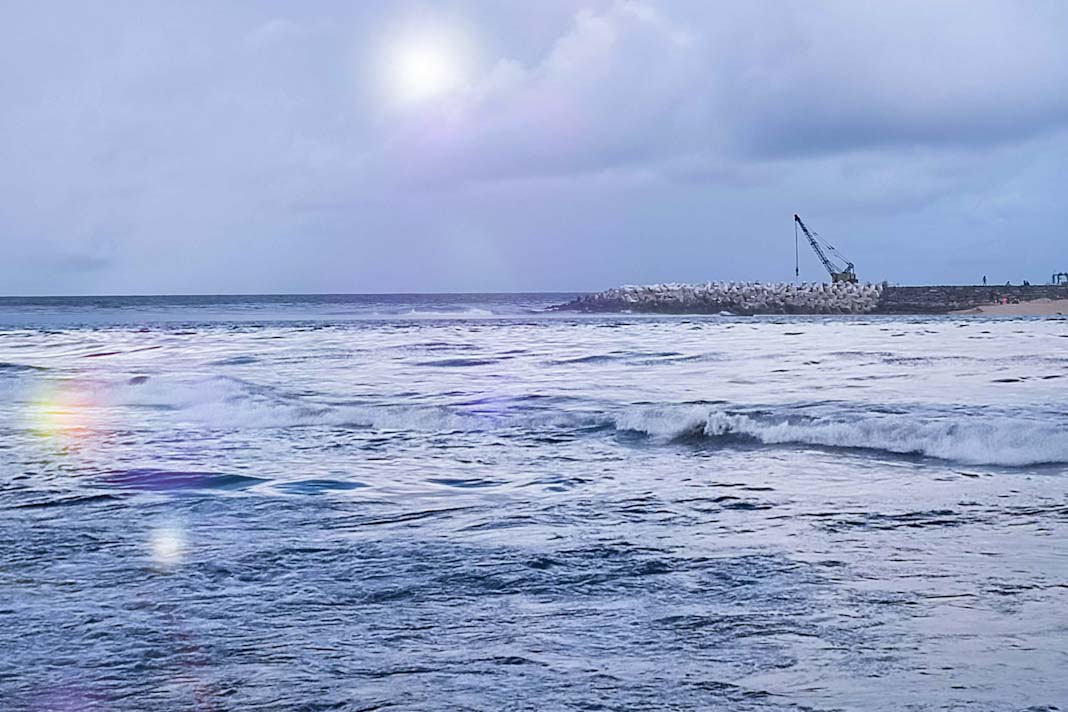- The Clean Maritime Fuels Platform supports the IMO’s Net-Zero Framework and urges the EU to align its climate policies accordingly.
- It calls for the upcoming Sustainable Transport Investment Plan (STIP) to include targeted support for renewable and low-carbon maritime fuels.
- Reinvesting EU and national ETS revenues into clean shipping technologies is seen as key to de-risking investment and scaling up production.
- Simplified access to funding and dedicated mechanisms are essential to support SMEs and accelerate the sector’s energy transition.
The maritime industry’s transition to cleaner fuels is emerging as a critical step in achieving decarbonisation goals. The Draghi report on the “Future of European Competitiveness” highlights shipping as one of the hardest sectors to decarbonise, with estimated investment needs of approximately €40 billion annually from 2031 to 2050. Recognizing this challenge, the Clean Industrial Deal (CID) has identified shipping as a priority sector, supporting its shift towards renewable and low-carbon fuels. This push presents a significant opportunity to build a strong European industrial base for clean maritime fuels, helping to advance climate targets and maintain Europe’s leadership in clean technologies, as detailed in a report by ECSA.
Supporting Clean Maritime Fuels Through Policy and Investment
The Clean Maritime Fuels Platform has voiced strong support for the climate agreement reached at the International Maritime Organization (IMO) in April 2025. It urged the European Union to continue its efforts to ensure the agreement’s final adoption in the autumn. Known as the “IMO Net-Zero Framework,” the regulatory package introduces vital measures for reducing greenhouse gas emissions in shipping, marking a significant step toward a net-zero future. Once adopted, the Platform emphasizes the need for the European Commission to promptly align the FuelEU Maritime and EU ETS frameworks with the IMO’s measures.
Shipping is set to become the first industry with a globally agreed-upon binding carbon pricing system. This global initiative is expected to drive up demand for renewable and low-carbon fuels, offering European energy producers a strong market opportunity, provided the necessary infrastructure and investments are in place.
However, major challenges remain for clean fuel projects. Investors face technological uncertainty, high upfront costs, and an imbalance between the long-term pricing needs of producers and the short-term purchasing preferences of users. These issues result in financial risks that current EU support mechanisms, such as the Hydrogen Bank and the ETS Innovation Fund, do not adequately address.
The Szczecin Declaration has proposed targeted actions under the forthcoming Sustainable Transport Investment Plan (STIP) to reduce investment risks. The Platform is calling on the Commission to include dedicated maritime funding streams for the production, distribution, and use of clean maritime fuels. These measures, it argues, must be short-term and scalable to effectively support the decarbonisation of this hard-to-abate sector.
Creating a Supportive Policy Framework for Maritime Decarbonisation
The Clean Maritime Fuels Platform is urging the European Commission to take concrete steps to support the decarbonisation of the shipping sector through the upcoming Sustainable Transport Investment Plan (STIP). Recognizing shipping as one of the most challenging sectors to decarbonize, the Platform calls for the inclusion of renewable and low-carbon fuels, as well as innovative maritime technologies, in the scope of STIP.
A key recommendation is to use revenues from the EU and national Emissions Trading System (ETS) to de-risk investments in clean maritime solutions. The Platform suggests introducing a legal requirement to reinvest national ETS revenues from shipping back into the sector, promoting the uptake of cleaner fuels and technologies. This would help scale up European manufacturing capacity, in alignment with the Net-Zero Industry Act and the Clean Industrial Deal’s reindustrialisation goals.
To accelerate progress, the Platform calls for the swift development of dedicated mechanisms under STIP, jointly financed by the EU and Member States. These should address persistent challenges such as the higher cost of clean fuels, the need for long-term purchase commitments, and exposure to market fluctuations—factors currently impeding project development in Europe.
Did you subscribe to our Daily newsletter?
It’s Free! Click here to Subscribe!
Source: Offshore Energy
















